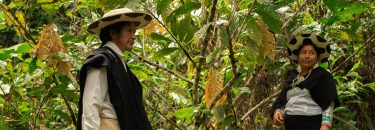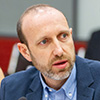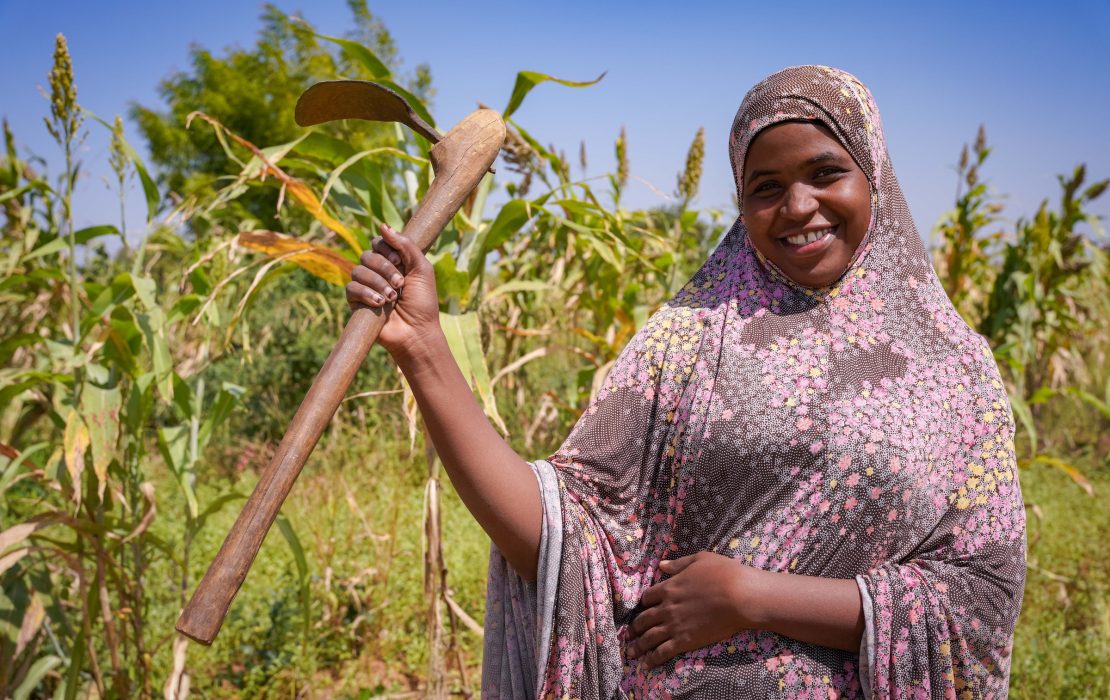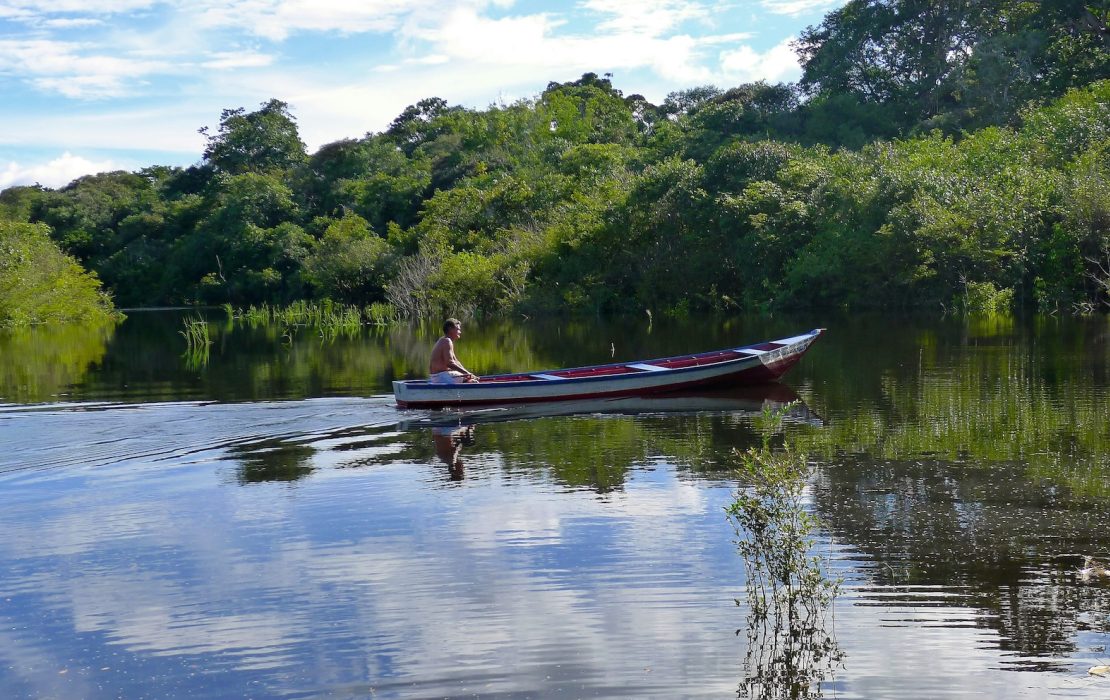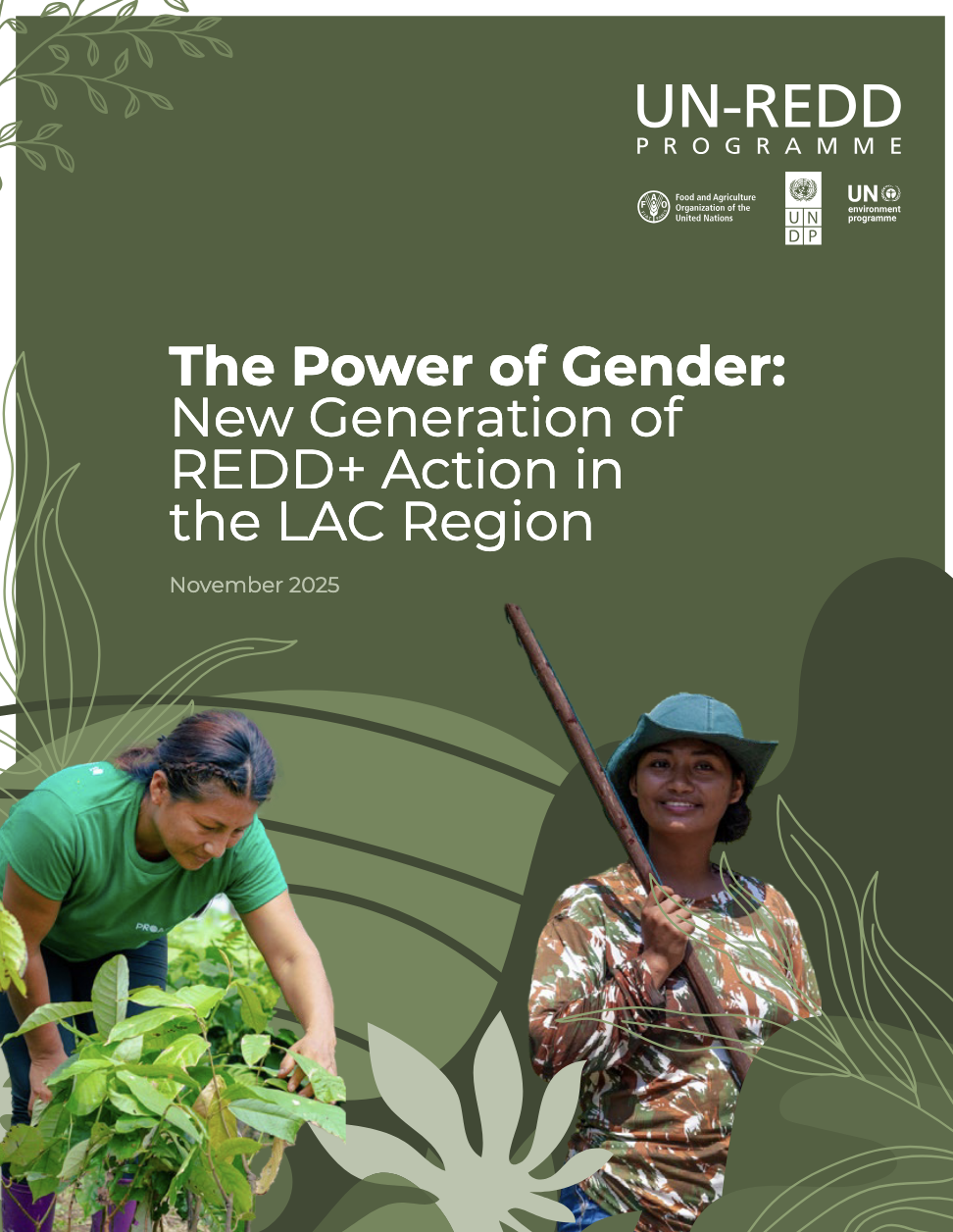UN-REDD is the United Nations (UN) knowledge and advisory platform on forest solutions to the climate crisis. It supports 65 developing countries, which host 70 percent of the world’s tropical forests, to advance the implementation of the Paris Agreement, particularly Articles 5 and 6.
To that end, UN-REDD works to reduce tropical deforestation, promote sustainable land use, advance international cooperative approaches to climate mitigation, and mobilize climate finance. It does that by providing technical assistance, policy advice and practice-based knowledge to countries, enabling them to enact and implement ambitious and inclusive forest measures in their NDCs, mobilizing finance and structuring institutional mechanisms.
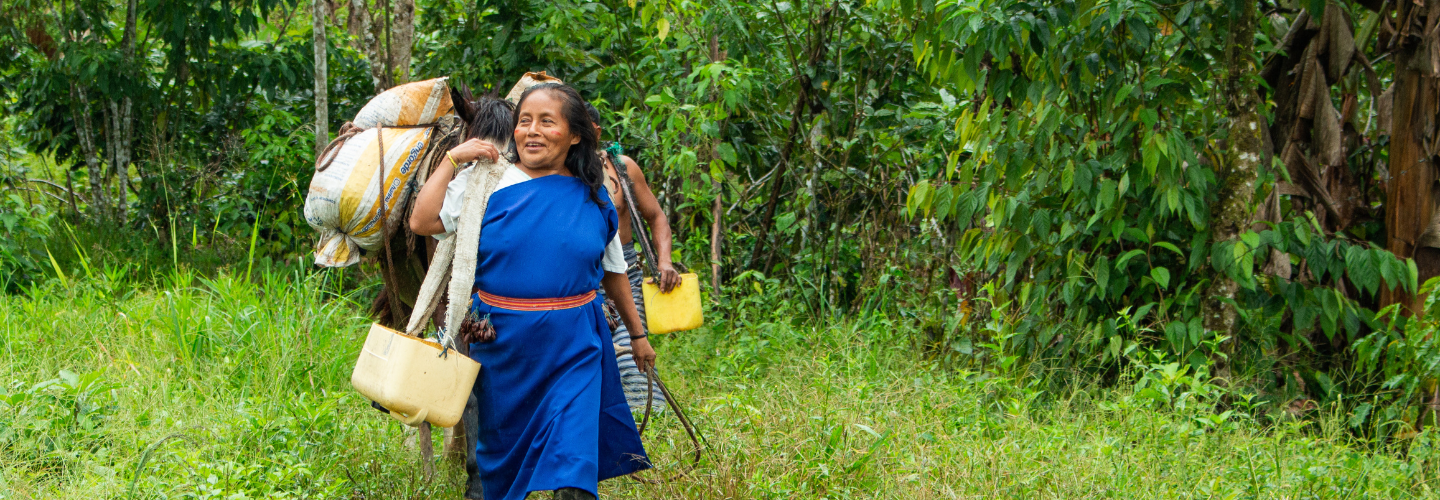
Photo: La Incre and Lizeth Jurado/PROAmazonia
UN-REDD also helps countries comply with the provisions of the Reducing Emissions from Deforestation and Forest Degradation (REDD+) mechanism of the UN Framework Convention on Climate Change (UNFCCC), such as the Warsaw Framework for REDD+, and to mobilize performance-based finance from sources such as the Green Climate Fund (GCF), bilateral schemes and, in the future, from carbon markets and other cooperative schemes.
Through its policy, finance and field support, UN-REDD promotes environmental integrity and social equality, with a focus on promoting the rights of Indigenous Peoples and local communities and advancing gender equality.
The programme promotes approaches that do not only lead to the reduction of carbon emissions, but also deliver additional benefits, such as the conservation of biodiversity, the protection of ecosystem services, and the enhancement of local livelihoods. For instance, UN-REDD created the community-based REDD+ programme (CBR+), which was a pioneer of climate finance for community forest action. It has also designed a gender marker to stimulate and monitor actions that promote gender equality across all its interventions, which has subsequently inspired other international programmes to do the same.
UN-REDD was founded in 2008 by the UN Development Programme (UNDP), the UN Environment Programme (UNEP) and the Food and Agriculture Organization (FAO). In addition, its governing body includes representatives of Indigenous Peoples and civil society organizations. Its donors include the European Commission and the governments of Denmark, Luxembourg, Norway, Japan, Republic of Korea, Spain, Switzerland and the United Kingdom.
Over its 15 years of delivery, the UN-REDD Programme has assisted countries to enact, finance and implement climate, forest and sustainable development policies, with a focus on territorial transformation and social inclusion. UN-REDD has equally informed international climate negotiations, such as contributing to the establishment of the UNFCCC’s REDD+ mechanism and the priority attention to forests in the Paris Agreement, for example, through Article 5.
UN-REDD is made possible through support from the European Commission and the governments of Denmark, Luxembourg, Norway, Japan, Republic of Korea, Spain, Switzerland and United Kingdom.
